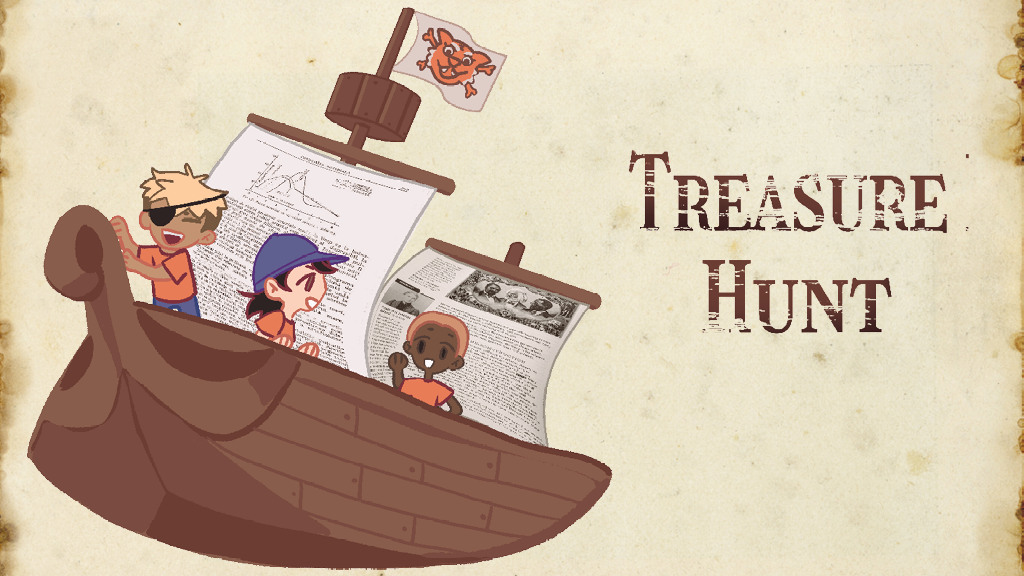A Textbook Treasure Hunt
by Alex J Schneider | published Sep. 9th, 2021
Ahoy, matey! Avast ye, and hear the tale of the young RIT scallywags surveying the seas for the most valuable booty this planet has to offer: hidden textbooks of yonder. That’s right bucko, listen to the plight of the college student, forced to hornswoggle textbook publishers at the risk of walking the plank.
Let’s take a look at a unique occurrence that happens at the beginning of each semester: why is something as simple as buying textbook such an annoying plight? Shouldn’t it be as simple as going to the store and just getting them?
The problem is centered on the ethical concern regarding the actions of textbook companies, making one of the most definitive formats of knowledge harder for the masses to access.
The concern for many students lies not only in the pricing of the books, but in the way that they are purchased and sold.
Textbook publisher McGraw-Hill makes billions every year. Another publisher, Cengage, made $723 million in Q2 2021 alone. That doesn't stop them from passively restricting the used textbook market.
Some textbook publishers, including the ones previously stated, incentivize professors to use their online services alongside the reading material. They do this by streamlining class content to a system managed by the company. This practice forces students to purchase a web version of the book, or a physical book with a code, so that they can take the quizzes or complete homework online. This makes it harder for students to sell their used textbooks if the online code is already used, and impossible if they bought an online license.
If the student decides to sell their used physical textbook after the semester's over, they may be surprised to find a somewhat regulated secondary market. To sell on Amazon, one must get approved first and even that depends on the publisher. They might even have to prove that they purchased directly from the supplier. Publishers simultaneously prevent students from regaining some of the cost by selling the books on other e-commerce platforms, such as eBay, through the aforementioned "extra content".
Many students turn to textbook 'library' websites to find their books, at a lack of other options. However, even real libraries don't have many copies to rent out most of the time. Is true is that the rate of 'genesis' of the books is artificially increased due to a suppressed used-book market? Others may visit Reddit to 'request textbook' PDFs, sometimes at a price. There are many places to look into for swashbucklers wanting to save a pretty penny!
On a similar note, some professors may require their students to buy a textbook written by them. Is this a conflict of interest, or proof that the professor actually knows what they’re teaching?
So the question remains: should knowledge be restricted, or are the publishers allowed to sell and market their products how they wish? Ultimately, it's the students who decide how they receive their education.



